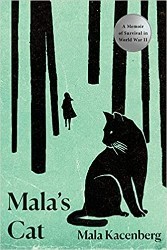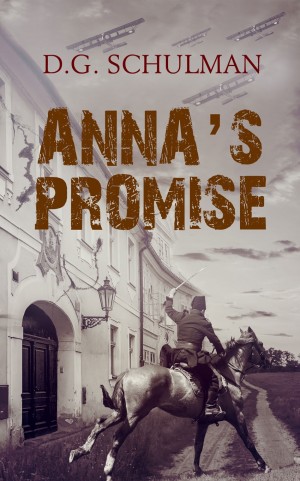Nothing is straightforward in Menachem Kaiser’s Plunder: A Memoir of Family Property and Nazi Treasure. During a trip to Poland in 2010, Kaiser impulsively decides to visit Sosnowiec, the hometown of the grandfather for whom he was named. At the time, Kaiser is unaware that he will soon take up his grandfather’s twenty-year fight to reclaim a building stolen from his father by the Nazis. This quest forms the basis of his engaging book.
Kaiser’s grandfather Menachem was the only person in his immediate family to survive the Holocaust. The author himself is the only person in his immediate family interested in resurrecting this painful chapter of the past. “The building, maybe, was a means to access a history, a person, that I’d always thought was inaccessible, immutably closed,” Kaiser muses. Yet nothing goes as planned. Kaiser wastes time looking into the wrong building, talking to the wrong people. He finds little information about his grandfather but unearths much about a distant relative, a folk hero of Nazi-treasure hunters. He hires a Polish lawyer nicknamed The Killer who doesn’t look the part: “On the morning of the trial … she wore a pink velour tracksuit with the jacket unzipped, revealing a t‑shirt with an enormous lion’s head, and a pearl necklace that did not at all go with but absolutely completed the outfit.” Kaiser describes his effortful but generally thwarted attempts to fulfill his self-imposed mission in a straightforward, confessional style. He is sincere, self-aware, and often very funny.
Yet much of Plunder is poignant and unsettling. This is fitting, given the unease that Jews in Sosnowiec would have felt at the best of times — and those times gave way to much worse when Nazis arrived. The town’s non-Jews were happy to take what was left after their betrayed neighbors were sent to Auschwitz. But that sort of plunder isn’t what prompted the story’s title. Instead, it refers to Kaiser’s ambiguous feelings about his own endeavor. “I do not trust the genre I am writing in, that of the grandchild trekking back to the alte heim on his fraught memory-mission — it’s too certain, too sure-footed … there is no acknowledgment of the abyss, the void, the unknowable space between your story and your grandparents’ story.” Ultimately, he feels, “We do not continue their stories; we act upon them. We consecrate, and we plunder.”
There is no neat conclusion to Kaiser’s story. As he struggles to achieve resolution via The Killer and her translator daughter, he encounters one hurdle after another, and eventually his efforts peter out within the circular frustrations of the Polish legal system. A novel could have wrapped things up more neatly, he decides. Still, while he writes that the book doesn’t have “the ending I’d hoped for … maybe it’s a truer, more appropriate ending.” The truth of this resonates. Kaiser has spent five years on his quest to understand and find justice for his grandfather. On some levels he has failed, but he has also found deep insight, and a degree of peace. Readers benefit from the happy fact that Kaiser has chosen to tell his unresolved tale rather than leave it to the anonymity of time.
Amy Spungen, a freelance editor and writer, has a BS in journalism from Virginia Commonwealth University and an MA in English from Northwestern University. She lives near Chicago in Highland Park, Illinois.




